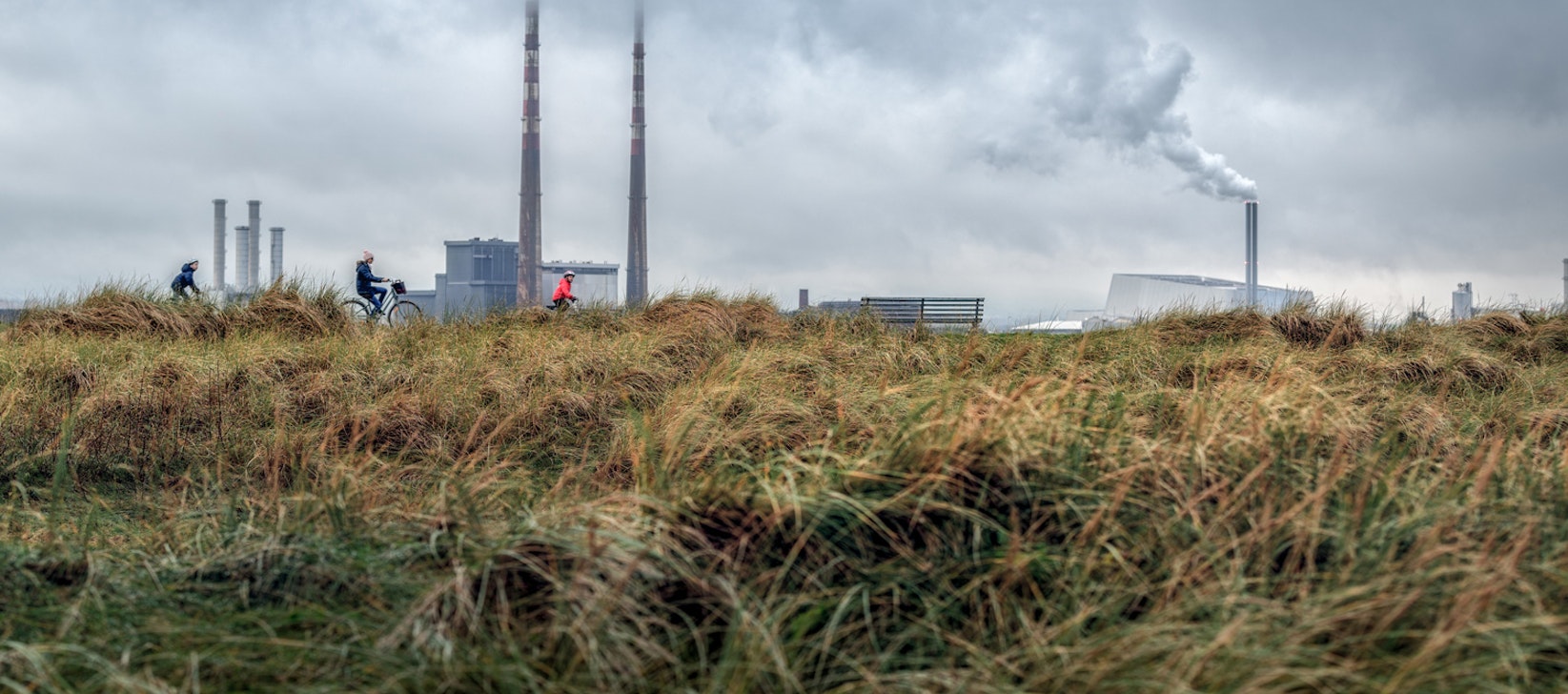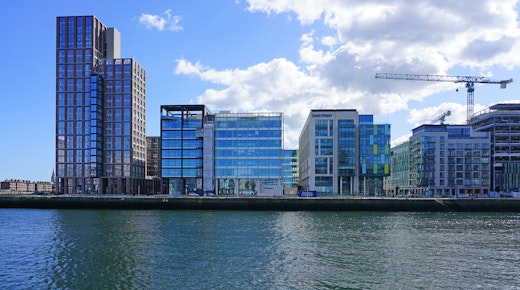This month, the first in a new decade, we have seen a step change in ambition to act on sustainability issues, such as climate change and resource efficiency.
The theme at Davos this year was Stakeholders for a Cohesive and Sustainable World, and with this in mind participants were asked to consider pathways to transition the global economy from “shareholder capitalism” to “stakeholder capitalism.” This is a radical shift from the long-held belief that the only responsibility a business has is to make a profit for its shareholders. Now they are being asked to re-define their purpose to create long-term value for stakeholders – customers, suppliers, employees and communities.
As awareness of climate change continues to grow, companies are rapidly becoming more aware of the environmental and social impacts of their activities and are searching for ways to do things differently. Leading companies have realised that by integrating sustainable practices in their business, not only are they doing the right thing for the environment but they are also creating long-term economic and social value.
A strong example of how companies are now embracing sustainability is Microsoft’s new strategy which has been heralded as a game changer for corporate sustainability. Going beyond typical reactionary sustainability targets, the company has pledged to be carbon negative by 2030 and to remove all historic carbon by 2050. To achieve their commitment they will empower their entire supply chain to reduce and remove carbon, as well as applying an internal carbon price.
Like most companies, the vast majority of Microsoft’s climate impact is felt in their value chain. This announcement will be felt along their supply chain, and across all locations – including Ireland. It is no longer a question of whether SMEs should invest in sustainability, but how to ensure it is embedded within their strategy so they can continue to work with large customers like Microsoft.
SME’s wanting to start their sustainability journey should adopt the following four steps:
- Assess the business’ environmental footprint;
- Set targets to reduce impact;
- Act to reduce impact;
- Evidence and communicate progress to stakeholders;
As we enter into the ‘decade of delivery,’ it is clear that large corporates have ambitious sustainability plans. There are huge opportunities for Irish companies who integrate sustainable practices in their business. For businesses who haven’t started to truly integrate sustainability, you are already being left behind.
At SustainabilityWorks, we believe sustainability offers huge opportunities for growth and innovation. We work with businesses to develop and deliver strategies, programmes and partnerships that unlock commercial opportunities and enable positive action at scale. We make sustainability simple. We make it actionable. We make it work. www.sustainabilityworks.ie.





